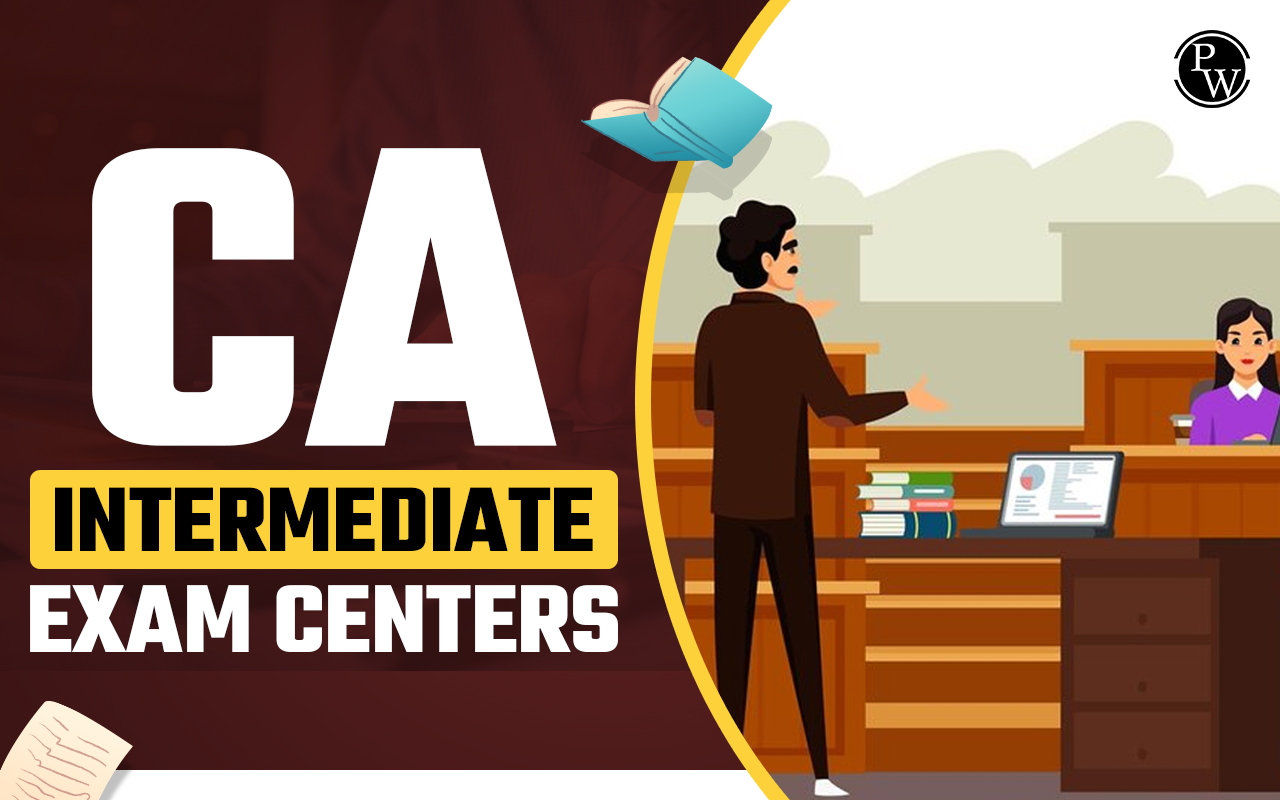
Difference Between Economics and Business Economics Chapter 1: Economics is a social science that studies how people, businesses, and governments use limited resources to satisfy unlimited wants. It looks at both individual decisions and the overall working of the economy.
Business Economics, on the other hand, applies these ideas directly to business units. It helps in solving problems related to costs, profits, and decision-making in firms. The Difference Between Economics and Business Economics Chapter 1 is important because it shows how one subject focuses on theory while the other deals with practical applications.
It also helps students understand that Economics is broader, while Business Economics is more specific to business needs
Difference Between Economics and Business Economics
Economics studies both micro and macro issues, such as production, consumption, inflation, and employment. Business Economics is more limited as it focuses only on issues like demand, supply, pricing, and profits at the business level. Below, we’ve mentioned the Difference Between Economics and Business Economics Chapter 1:
| Difference Between Economic and Business Economics | ||
| Basis of Difference | Economics | Business Economics |
| Meaning | It studies how scarce resources are used to meet unlimited human wants. | It applies economic ideas to business problems and decision-making. |
| Character | It is both microeconomic and macroeconomic. | It is mainly microeconomic. |
| Main Task | It explains how individuals and societies meet their needs. | It helps businesses make decisions about production, pricing, and profits. |
| Nature | It is both positive and normative in nature. | It is normative in nature. |
| Scope | It has a wide scope, including national income, production, and distribution. | It has a narrow scope focused on business decisions. |
| Branches | Business Economics is one applied branch of Economics. | It is itself an applied branch of Economics. |
| Concerned with | Covers many theories like production, distribution, and consumption. | Focuses mainly on profit theory and related issues. |
| Analysis Involved | Includes both macro issues, like inflation, and micro issues, like demand. | Looks at micro issues such as pricing and profit. |
| Concentration | Considers both economic and non-economic aspects of problems. | Concentrates only on the economic aspects of business. |
| Validity of Assumptions | General assumptions usually fit the whole economy. | Some assumptions may not fit well when applied to business. |
Importance of the Difference between Economics and Business Economics for Students
Difference Between Economics and Business Economics Chapter 1 is very important for students. It helps them understand the difference between broad economic principles and their practical use in business:
Better Understanding of Concepts: When students study both Economics and Business Economics together, they see how one explains the working of society while the other focuses on business units. This makes their understanding of concepts much clearer and avoids confusion.
Clear Academic Preparation: The difference helps students know what to expect in exams and assignments. Economics questions may be about national income or inflation, while Business Economics questions may be about pricing or demand. This clarity helps in academic preparation.
Practical Relevance in Business Studies: Students preparing for commerce and management subjects gain a better idea of how economic theories are applied in real-world business. This way, the subject does not stay limited to theory but becomes more practical and meaningful.
Foundation for Professional Courses: Many professional courses, such as CA, CS, and MBA, include both Economics and Business Economics. By learning their differences early, students build a strong foundation for higher-level studies and professional exams.
Theoretical vs. Practical Applications of Economics and Business Economics
One of the major differences between Economics and Business Economics lies in their nature of application. Below, we’ve mentioned the theoretical vs practical applications of economics and business economics:
| Theoretical vs Practical Application of Economic and Business Economics | ||
| Aspect | Economics (Theoretical) | Business Economics (Practical) |
| Nature | A theoretical science that builds models, laws, and frameworks to explain economic behavior. | An applied science that uses economic theories to solve real business problems. |
| Focus | Explains concepts like demand, supply, production, and distribution at a general level. | Apply these concepts to specific decisions like pricing, cost control, and demand forecasting. |
| Example | The law of demand explains how prices and quantity demanded are related. | A company uses demand analysis to decide how much quantity to produce and at what price. |
| Application | Broad, applicable to society and the economy as a whole. | Narrow, specific to individual firms and industries. |
Difference Between Economics and Business Economics Chapter 1 makes it clear that both subjects are related but not the same. Economics is wide in scope and includes the study of both micro and macro issues. Business Economics, however, is limited to the micro level and applies theories for solving business problems.
By knowing the key distinctions between Economics and Business Economics, students can prepare better for their studies. They also see where theory ends and where practical application begins. The Theoretical vs. practical applications and the Macro vs. microeconomic focus further highlight the unique nature of each subject.
| Also Check | |
| Total Quality Management | Cost Volume Profit Analysis |
| Legal Aspects of Business | Life Cycle Costing |
| Capital Gains Tax | Budgetary Control |
Difference Between Economics and Business Economics Chapter 1 FAQs
What is the main Difference Between Economics and Business Economics Chapter 1?
s Business Economics a part of Economics?
How does Economics differ in scope from Business Economics?
Why is the Difference Between Economics and Business Economics Chapter 1 important for students?










